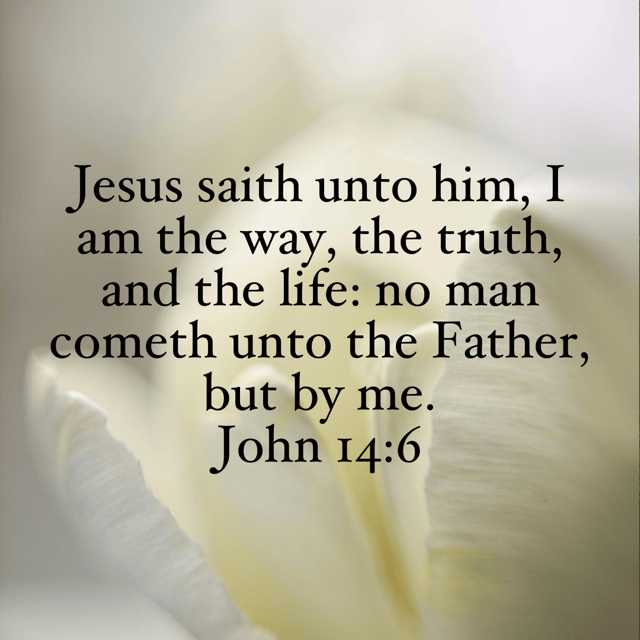I will share about Christian books I have read or listened to.
I will be sharing about my life before and after Christ. I will include stories about my pet and other pets I have encountered.
When Walls Come Down
"There is neither Jew nor Gentile, neither slave nor free, nor is there male and female, for you are all one in Christ Jesus."
Galatians 3:28 NIV
These words from the Apostle Paul would have been startling to the first-century Church. At a time when divisions ran deep—ethnic, economic, and gender-based—Paul was boldly declaring something revolutionary: in Jesus, those walls come down.
The early Church was a diverse, fragile community. Jews and Gentiles came from vastly different religious and cultural worlds. Slaves and free people had different legal and social standing. Men and women operated within strict societal roles. And yet, Paul wasn’t saying those differences disappeared—he was saying they no longer determined a person's worth, status, or identity within the family of God.
Unity is not just a bonus feature of the Gospel, it's central to the message! Jesus formed a new kind of community, one where every person stands on equal footing before God because of His grace, not someone's pedigree or privilege.
Today, the global Church still reflects this vision in countless forms and expressions: house churches, cathedrals, megachurches, and small gatherings across every continent. We may worship in different styles and languages, but our unity in Christ transcends all of it.
This verse challenges us not to settle for surface-level harmony, but to pursue deep, Spirit-empowered unity—across racial lines, socioeconomic barriers, political divides, and generational gaps. We don’t create this unity ourselves; we receive it in Christ. But we are called to protect it, celebrate it, and live it out.
“Then all Israel gathered themselves to David unto Hebron, saying, Behold, we are thy bone and thy flesh. And moreover in time past, even when Saul was king, thou wast he that leddest out and broughtest in Israel: and the LORD thy God said unto thee, Thou shalt feed my people Israel, and thou shalt be ruler over my people Israel. Therefore came all the elders of Israel to the king to Hebron; and David made a covenant with them in Hebron before the LORD; and they anointed David king over Israel, according to the word of the LORD by Samuel. And David and all Israel went to Jerusalem, which is Jebus; where the Jebusites were, the inhabitants of the land. And the inhabitants of Jebus said to David, Thou shalt not come hither. Nevertheless David took the castle of Zion, which is the city of David. And David said, Whosoever smiteth the Jebusites first shall be chief and captain. So Joab the son of Zeruiah went first up, and was chief. And David dwelt in the castle; therefore they called it ...
















